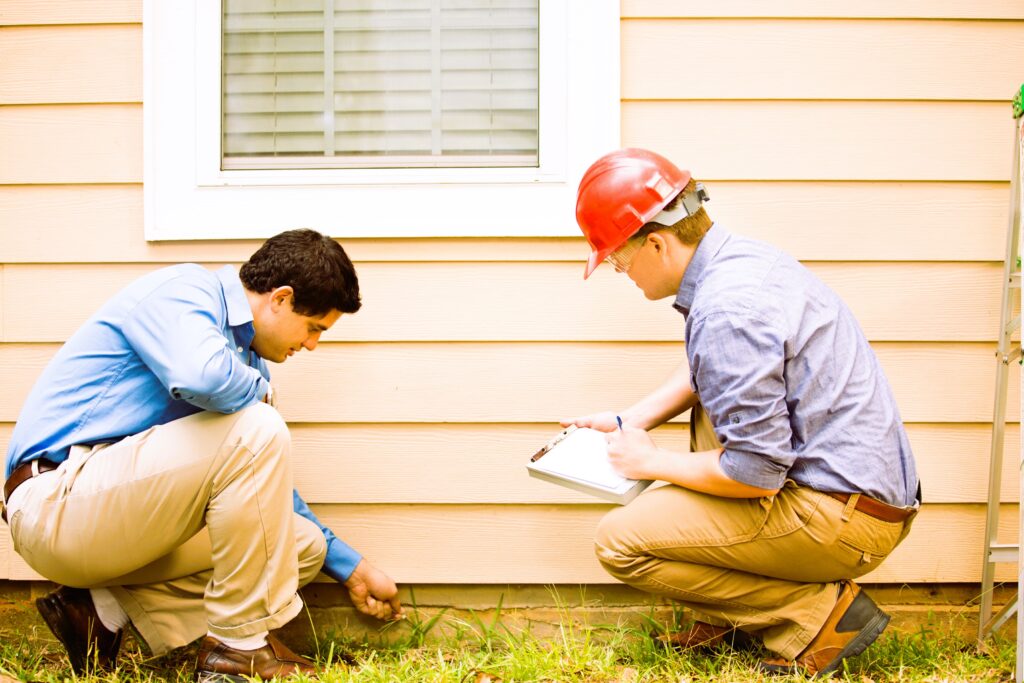Selling your home can be a complex and challenging process, but one crucial step that can make a significant difference is preparing your home for inspection. Home inspections are a standard part of the selling process, providing buyers with an opportunity to assess the condition of the property and identify any potential issues before finalizing the sale. By preparing your home for inspection, you can increase its appeal to buyers, streamline the selling process, and potentially even boost its resale value. In this article, we’ll discuss top tips for sellers on how to prepare their homes for inspection, ensuring a smooth and successful sale.
1. Clean and Declutter
Before the inspection, take the time to thoroughly clean and declutter your home. A clean and tidy home not only creates a positive impression on buyers but also makes it easier for the inspector to assess the property. Remove clutter, organize closets and storage spaces, and clean all surfaces, including floors, countertops, and appliances. Pay special attention to high-traffic areas and commonly overlooked areas such as baseboards, light fixtures, and ceiling fans.
2. Address Minor Repairs

Take care of any minor repairs or maintenance tasks before the inspection. This includes fixing leaky faucets, repairing damaged walls or flooring, replacing burnt-out light bulbs, and addressing any cosmetic issues such as chipped paint or cracked tiles. While minor repairs may seem insignificant, they can add up and create a negative impression on buyers if left unattended.
3. Ensure Accessibility
Make sure that all areas of your home are accessible to the inspector during the inspection. Clear obstacles, such as furniture or storage boxes, from pathways and access points to ensure that the inspector can easily move around and inspect all areas of the property. Provide access to areas such as attics, crawl spaces, utility rooms, and garages, as these are commonly inspected areas. Do you like the article? Read also about Septic System Inspection.
4. Service Mechanical Systems
Have your HVAC system, plumbing, electrical systems, and other mechanical systems serviced and inspected by qualified professionals before the inspection. This ensures that these systems are in good working condition and helps prevent any surprises during the inspection. Replace air filters, clean ducts and vents, and address any issues identified by the service professionals.
5. Provide Documentation

Gather and organize documentation related to your home, including manuals, warranties, permits, and maintenance records. Providing this documentation to the inspector can help them better understand the history and condition of your home and may even alleviate concerns about certain systems or components. Be prepared to disclose any known issues or repairs that have been made to the property.
6. Consider Pre-Listing Inspection
Consider hiring a qualified home inspector to conduct a pre-listing inspection before putting your home on the market. A pre-listing inspection can help identify any potential issues upfront, giving you the opportunity to address them before prospective buyers conduct their inspections. This can help streamline the selling process and increase buyer confidence in the condition of the property.
Preparing your home for inspection is a crucial step in the selling process, helping you present your property in the best possible light and maximize its appeal to buyers. By following these top tips for sellers, you can ensure that your home is ready for inspection and increase your chances of a successful sale. For more information on preparing your home for inspection and navigating the selling process, visit Canada.ca.

